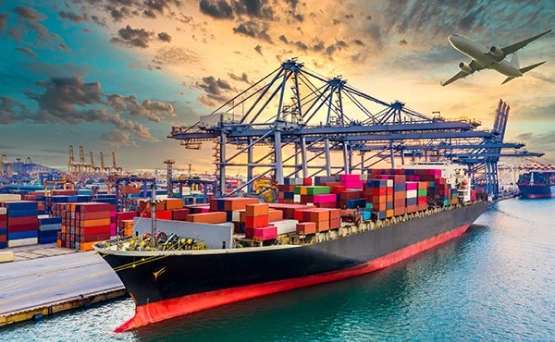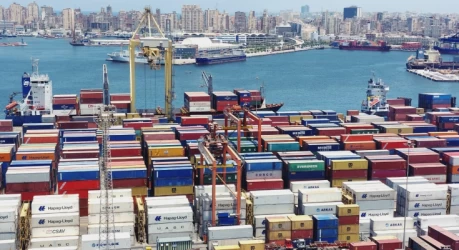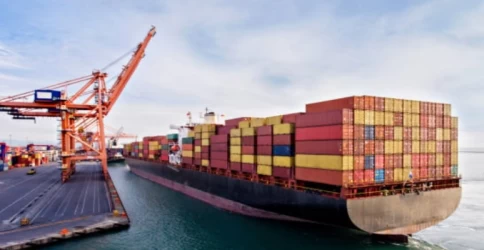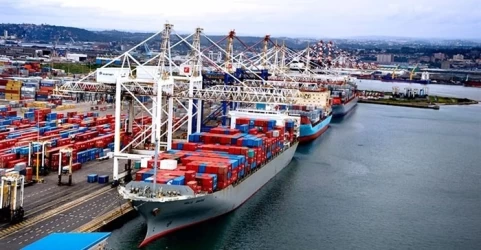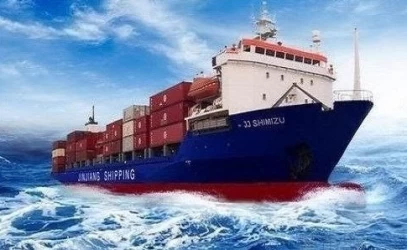Sea freight in the port of Barcelona
The Port of Barcelona, one of the largest and most significant ports in the Mediterranean Sea, plays a crucial role in global trade and transportation. Strategically located, it serves as a vital link between Europe, Africa, and Asia, facilitating the movement of goods and passengers. With advanced facilities, modern infrastructure, and a prominent role in the logistics network, the Port of Barcelona is a key player in the international maritime transportation industry.
History of the Port of Barcelona
The history of the Port of Barcelona dates back to ancient Roman times, making it one of the oldest ports in Europe. Over the centuries, the port has evolved significantly, developing into a major trade center due to its strategic location. In the early 20th century, significant investments were made to modernize the port's infrastructure, and with the installation of advanced equipment, Barcelona emerged as one of the world's most advanced ports.
Facilities and Infrastructure
The Port of Barcelona boasts extensive infrastructure for loading and unloading cargo. It features state-of-the-art container terminals, specialized terminals for vehicle transportation, oil terminals, and advanced logistics facilities. The port's road and rail networks provide direct and efficient connections to other parts of Spain and Europe.
Additional amenities at the Port of Barcelona include modern warehouses, advanced information management systems, and special economic zones that offer unique customs and tax benefits for businesses.
Role of the Port of Barcelona in International Trade
The Port of Barcelona is not only a primary trade gateway for Spain but also one of the key Mediterranean ports for transit to other countries. The cargo transported through this port includes raw materials, agricultural products, machinery, chemicals, and electronic equipment. Due to its easy access to European and Mediterranean markets, the port is a significant point for the export and import of diverse goods.
Additionally, Barcelona plays a critical role in vehicle transportation, serving as one of the main ports for the shipment of cars manufactured in Europe to various parts of the world.
Passenger Transportation at the Port of Barcelona
In addition to its commercial significance, the Port of Barcelona is a major destination for cruise ships and passenger vessels. Millions of travelers pass through this port annually, making it one of the most important entry points for tourists into Spain. Large cruise ships regularly dock at the Port of Barcelona, turning it into a key stop for international tourists.
Environmental Sustainability
One of the primary goals of the Port of Barcelona is to promote sustainable development and protect the environment. The port has implemented various programs aimed at reducing carbon emissions, utilizing renewable energy sources, and managing waste effectively. Projects are also underway to develop electrical infrastructure for ships and enhance energy efficiency in port terminals.
Conclusion
The Port of Barcelona stands as a key hub for maritime transportation in Europe and the Mediterranean, playing an essential role in the global supply chain. With modern infrastructure, strategic geographical positioning, and a commitment to sustainable development, this port has become one of the most important logistical and commercial centers in the world.
If you have any specific questions or need further assistance, feel free to ask!

